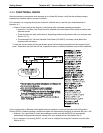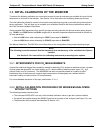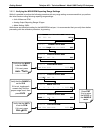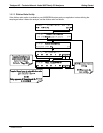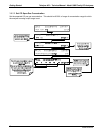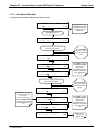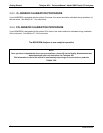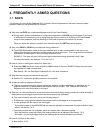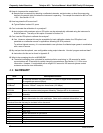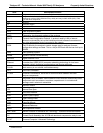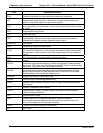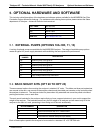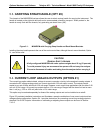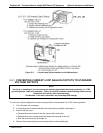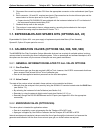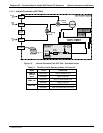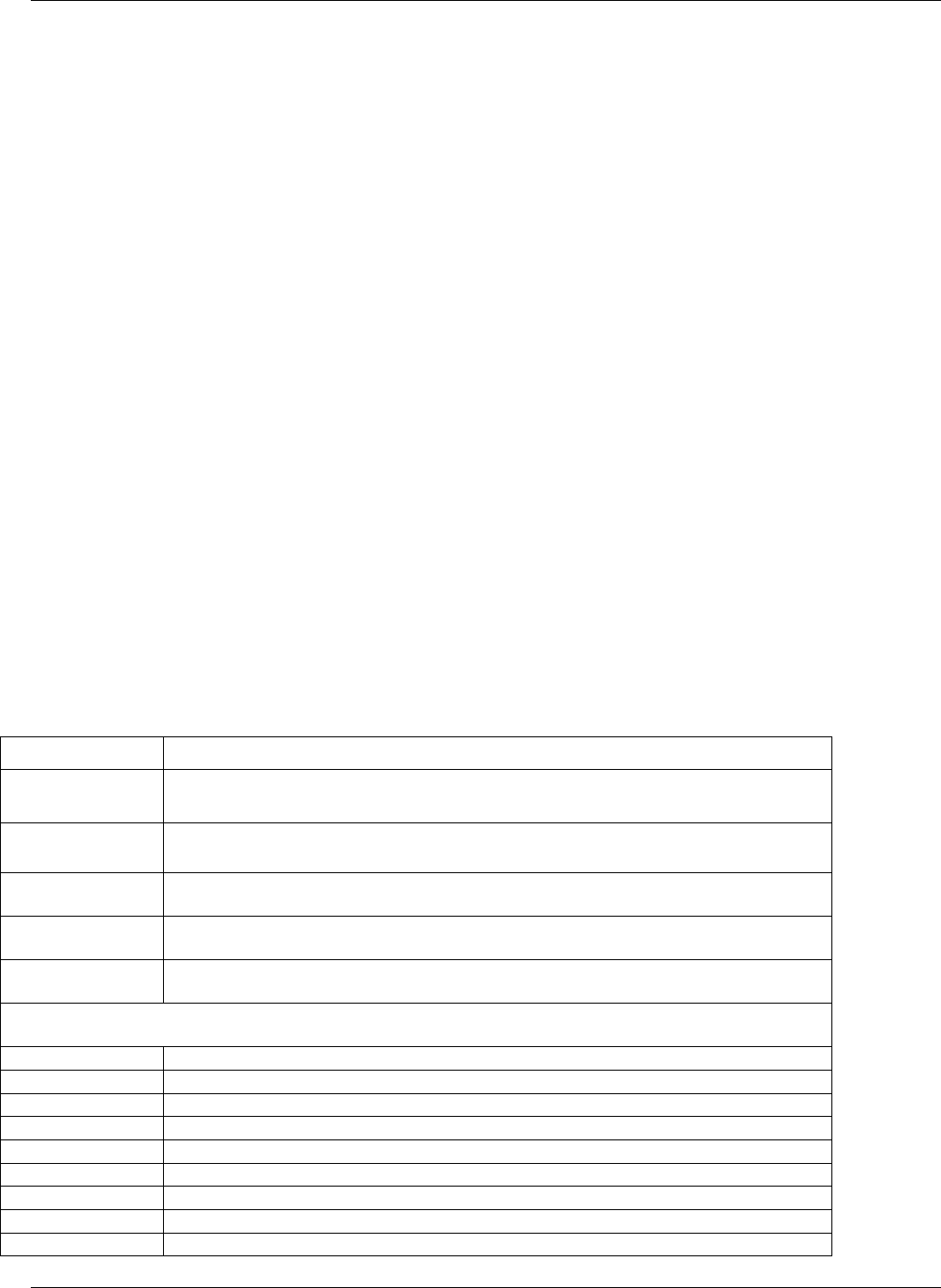
Frequently Asked Questions Teledyne API – Technical Manual - Model 300E Family CO Analyzers
58
Q: How do I measure the sample flow?
A: Sample flow is measured by attaching a calibrated rotameter, wet test meter, or other flow-measuring
device to the sample inlet port when the instrument is operating. The sample flow should be 800 cm
3
/min
10%. See Section 12.3.4.
Q: How lon
g
does the IR source last?
A: Typical lifetime is about 2-3 years.
Q: Can I automate the calibration of my analyzer?
A: Any analyzer with zero/span valve or IZS option can be automatically calibrated using the instrument’s
AutoCal feature. The setup of this option is located in Section 9.4.
Q: Can I use
the IZS option to calibrate the analyzer?
A: Yes. However, whereas this may be acceptable for basic calibration checks, the IZS option is not
permitted as a calibration source in applications following US EPA protocols.
To achieve highest accuracy, it is recommended to use cylinders of calibrated span gases in combination
with a zero air source.
Q: My analyzer has the optional, user-configurable analog output channels. How do I program and use them?
A: Instructions for this can be found in Appendix E .
Q: What is the averaging time for an M300E/EM?
A: The default averaging time, optimized for ambient pollution monitoring, is 150 seconds for stable
concentrations and 10 seconds for rapidly changing concentrations; See Section 11.5.12 for more
informatio
n. Ho
wever, it is adjustable over a range of 0.5 second to 200 seconds (please contact
customer service for more information).
4.2. GLOSSARY
Term Description/Definition
10BaseT An Ethernet standard that uses twisted (“T”) pairs of copper wires to transmit at
10 megabits per second (Mbps).
100BaseT Same as 10BaseT except ten times faster (100 Mbps).
APICOM Name of a remote control program offered by Teledyne-API to its customers.
ASSY
Assembly.
cm
3
metric abbreviation for cubic centimeter. Same as the obsolete abbreviation “cc”.
Chemical formulas that may be included in this document:
CO
2
carbon dioxide
C
3
H
8
propane
CH
4
methane
H
2
O water vapor
HC general abbreviation for hydrocarbon
HNO
3
nitric acid
H
2
S hydrogen sulfide
NO nitric oxide
NO
2
nitrogen dioxide
04288D DCN5752



